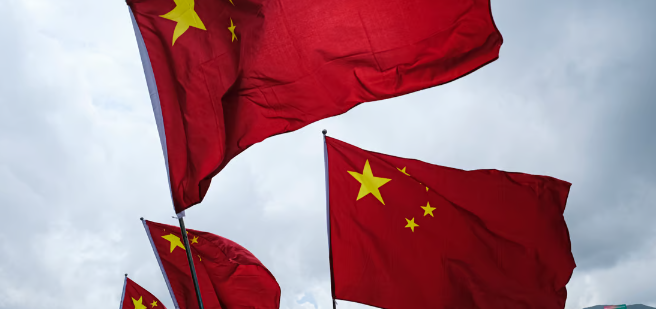China Proposes ‘One Person, One File’ Surveillance Escalation
“One Person, One File” (OPOF) is a program suggested by the government of Shanghai that would make digital surveillance and censorship much stricter in China. According to experts, the plan includes installing more facial recognition cameras and making detailed personal profiles for every resident. This is an example of the Chinese Communist Party’s (CCP) unprecedented attempt to control and watch the people.
Background of Digital Surveillance in China
China has stepped up its monitoring measures since Xi Jinping took office. This is part of a larger trend of rising authoritarianism. To stop any threats to its power and security, the government uses cutting edge technologies such as AI, data analytics, and large camera networks. This move toward high-tech government, along with old-fashioned authoritarian methods, has created a complex and all-encompassing monitoring state.
How OPOF Works
OPOF wants to scan and organize every part of a person’s life, from their daily habits to their social connections and even their political views. Because this information is kept in individual files, it is easier for the government to keep an eye on, control, and get involved in the lives of people they think are a threat to the state. Because the system relies on AI, people can be flagged and punished for what are often false claims of disobeying or not following the rules.
Human Rights Implications
Putting in place OPOF and other similar tracking systems has very bad effects on human rights in China. Based on vague criteria set by computers, the system automatically accuses people of possible crimes or protests before they have done anything wrong. This has led to unfair detentions, questioning, and in the worst cases, violence and suppression of minorities, especially in places like Xinjiang.
Month: Current Affairs - May, 2024
Category: International / World Current Affairs


